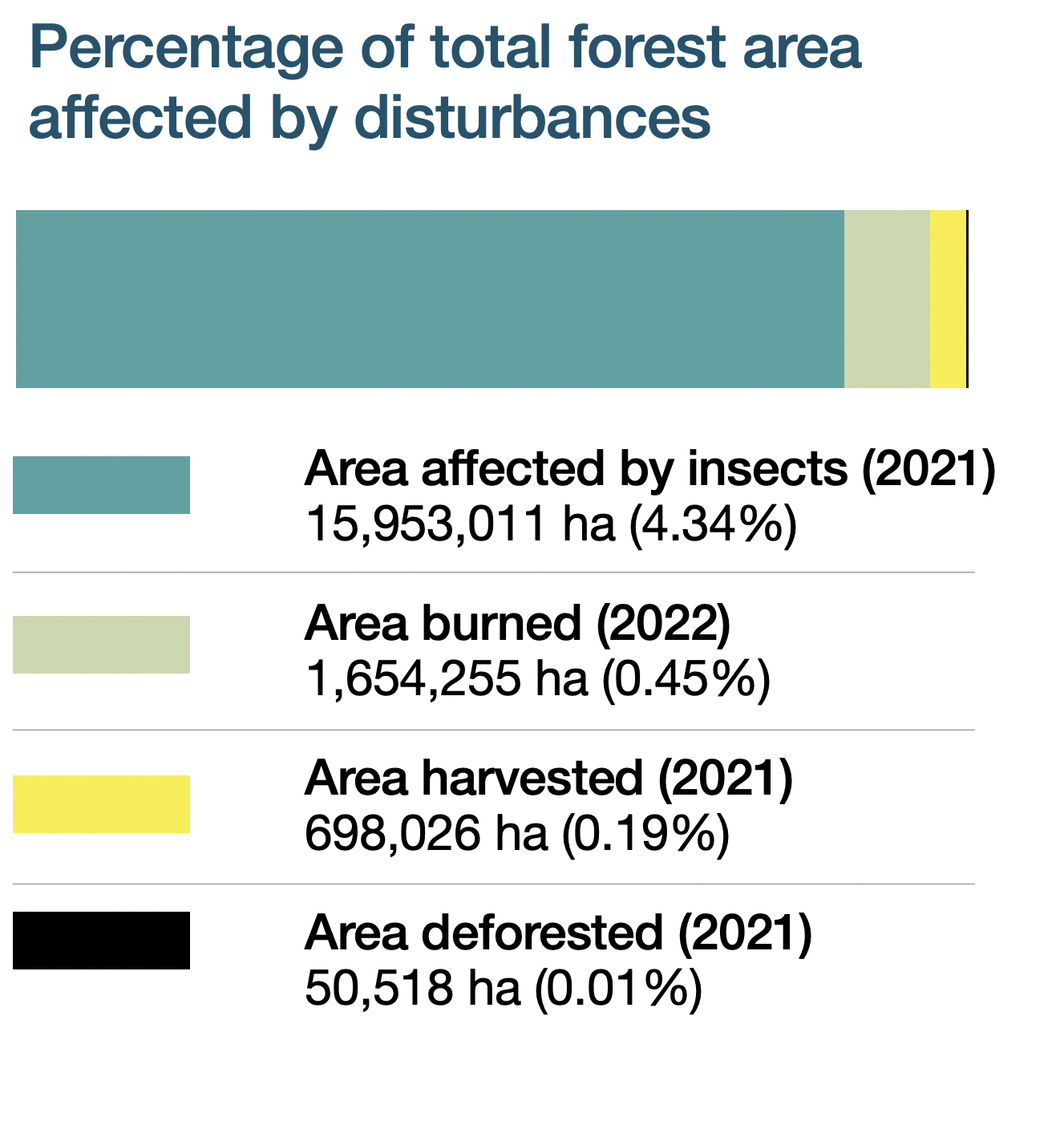Our annual harvest from Canada’s forested land base represents less than 1% of the total area. Harvesting and reforestation plans prioritize ecologically sound methods.


“Mass timber has inherent fire resistance. During fires, exposed mass timber chars on the outside, which forms an insulating layer protecting the interior wood from damage. Mass timber construction can meet and even exceed fire safety requirements in the Canadian building codes. “
“Trees absorb carbon dioxide (CO2) from the atmosphere.
“Choosing to use North American wood products is a material choice that will not only reduce the building’s carbon footprint, but it is also the only primary building material derived from a renewable resource.”
“Wood is a natural thermal insulator due to the millions of tiny air pockets within its cellular structure (see Figure 2). Since thermal conductivity increases with relative density, wood is a better insulator than dense materials.
Get West Fraser news releases straight to your inbox.